14 Impressive Benefits Of Kava, How To Take It, & Side Effects
From regulating blood pressure to easing menstrual cramps, kava can do a lot for you.
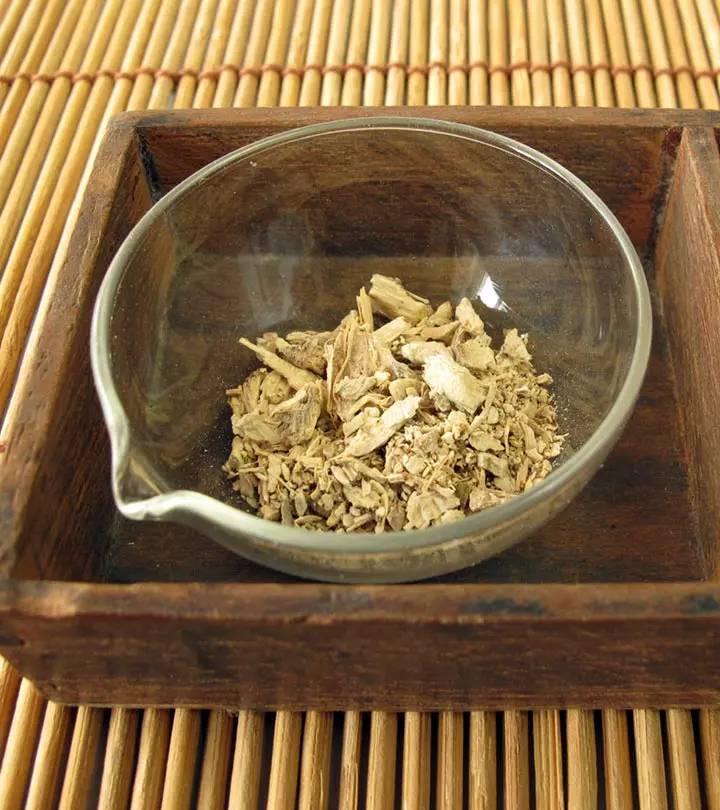
Image: Shutterstock
Kava benefits are numerous. It may help prevent convulsions, is an effective pain reliever, and exhibits a calming effect. This root is especially found in the South Pacific islands. It offers many other important health benefits. Continue reading to know more about them. We also have included the kava tea recipe just for you.
 Know Your Ingredient: Kava
Know Your Ingredient: KavaWhat Is It?
Found in the South Pacific, Kava is a beverage or an extract made from the Piper methysticum plant.
What Are Its Benefits?
It has relaxing properties so it is used to promote sleep, treat colds, and toothache, and may even help in regulating blood pressure and cholesterol.
Who Can Consume It?
Its consumption is generally considered safe for most healthy adults. However, people taking antidepressants should not consume them.
How Often?
You can consume it for not more than three months and in moderation.
Caution
Avoid consuming it if you are pregnant or breastfeeding as it can pass through breast milk.
In This Article
What Is Kava Good For?
The calming effects of kava find great use in relieving anxiety and restlessness and other stress-related ailments.
This root also relieves muscle spasms and other kinds of pain that are related to stress and irritability.
Some sources say it also improves sleep quality.
That’s a brief about what this root is good for. And now, we get to the details.
Key Takeaways
- Kava contains kavalactones that may calm anxiety and relieve stress.
- Consuming kava might help treat colds, flus, and other respiratory infections.
- The anti-inflammatory and antiseptic properties of kava may help treat a toothache.
- Consume kava in moderation and always consult a doctor before taking the root orally.
What Are The Benefits Of Kava Root?
Kava root has a calming effect and also helps relieve pain. In addition, the root also helps fight cancer and can do good to your muscles.
1. Fights Cancer
Studies have shown kava to be a potential cure for bladder cancer.
The inhabitants of the South Pacific islands (the home of kava) have surprisingly low cancer rates despite being heavy smokers (1).
As per reports by the Memorial Sloan Kettering Cancer Center, intake of kava has been linked to lower incidences of cancer. However, one of the constituents of kava has been found to stimulate melanomai A severe form of skin cancer that forms in the melanocytes, which are cells that produce melanin—the pigment that lends skin its color. cancer cells – so, consult your doctor before using it (2).
Other studies have also spoken about the direct relation of kava consumption with lower cancer rates (3).
A report projected that the United States will see 1,958,310 new cancer cases and 609,820 cancer deaths in 2023. Prostate cancer incidence increased by 3% annually from 2014 to 2019, while lung cancer in women decreased at a slower rate compared to men (1.1% vs. 2.6% annually). Uterine corpus and breast cancers continued to increase, while liver cancer and melanoma stabilized or declined in older men but showed improvements in younger men.
2. Regulates Blood Pressure

Some sources say kava might lower blood pressure. In fact, it can even interfere with blood clotting. For this reason, avoid kava at least two weeks prior to surgery. Also, consult your doctor for further information in this regard.
3. Can Help Lower Cholesterol Levels
There is one preliminary study that spoke of how a kava-using group had seen a decrease in their body fat and skinfold thickness (4). However, there is not enough evidence suggesting that kava can help lower cholesterol levels.
4. Eases Depression And Anxiety Issues
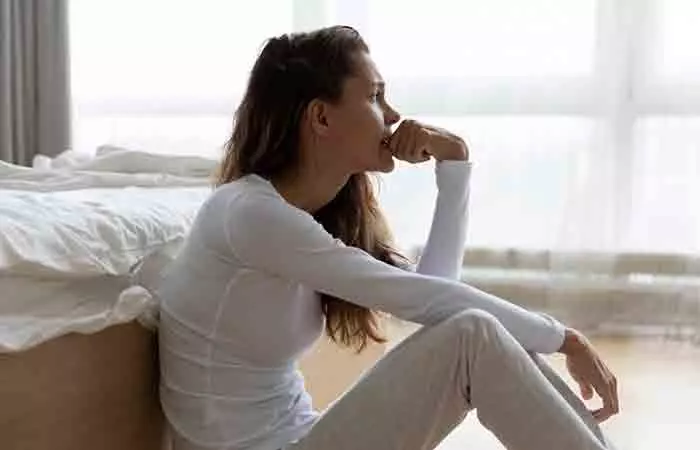
The effects of mood enhancement and relaxation in kava are well known. The root contains compounds called kavalactones, which are known to positively affect the brain and the central nervous system. The chemicals produced from the kava root also help prevent convulsions.
Studies have also focused on the efficacy of kava in treating stress and anxiety (5). And the calming effects of kava also reduce muscle spasms and provide muscle relaxation.
Jesse Coomer, a NASM-certified Personal Trainer and content creator, tried kava and recommends it for relaxation and easing anxiety. He says, “I highly recommend this as a way to help curb those cravings and to help curb your anxiety (i).”
 Fun Fact
Fun Fact5. Is Helpful For Bodybuilders
Since kava helps relax muscles, it is of great use for bodybuilders. The root negates the symptoms of overtraining and soothes the muscles.
6. Treats Cough And Cold Symptoms
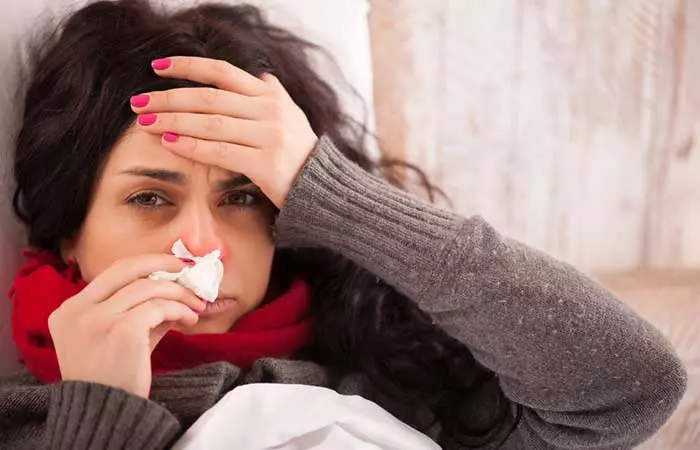
Some research suggests that kava can help treat cold, cough, flu, and other infections of the respiratory tract. Ingesting kava root tea might help in this regard (we will discuss how to prepare the tea a little later).
7. Helps Deal With Symptoms Of Alcohol Withdrawal
Kava has been known to help people deal with symptoms of alcohol withdrawal and drug addiction. Studies have spoken about its efficacy as an anti-craving agent (6).
Kava can also help you deal with the symptoms of opiate and kratom withdrawals.
8. Cures Chronic Pain
Studies have shown how kava might ease pain and other kinds of pain like muscle tension or spasms. Kava has shown the ability to heal back pain and other forms of chronic pain as well. Its muscle-relaxing properties play a role here.
It also has neuroprotective properties that can help ease pain, as per studies (7). The root might also help deal with fibromyalgiai A chronic condition of widespread musculoskeletal body pain that causes difficulty sleeping, exhaustion, and frequent emotional and mental distress. .
9. Can Ease Menstrual Cramps
Given its ability to reduce pain, kava might also help ease menstrual symptoms. The root can also help deal with hot flashes.
10. Treats Erectile Dysfunction
As kava has the ability to calm the nerves and reduce stress, it can help treat erectile dysfunction (as the condition is often caused by stress and anxiety). Kava can help treat self-induced sexual dysfunction (caused by stress, etc.), but it may not show much improvement in an actually diagnosed case of erectile dysfunction.
Kava might also help treat premature ejaculation. You can take 100 milligrams of the root powder (you can also take it in a pill form) before engaging in sexual intercourse. The root is known to increase blood flow to the penis as well as sexual stimulation.
11. Promotes Sleep
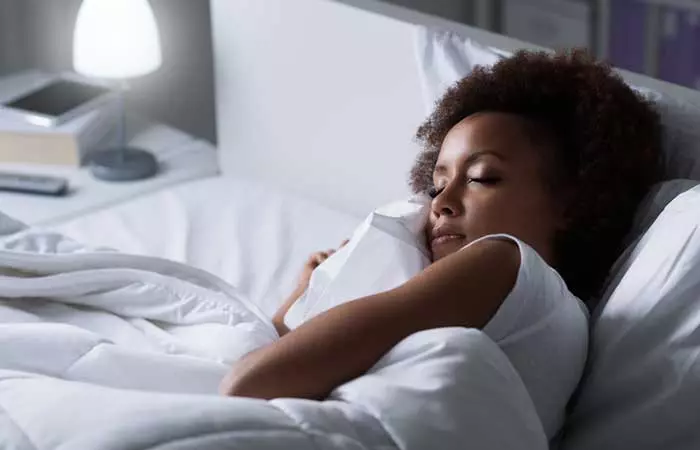
Since kava has calming effects, it acts as a sleep aid in treating sleeplessness or insomnia. The root promotes deep sleep without affecting the restful REM sleep.
One German study talks about how effective kava extract can be in reducing sleep disturbances associated with anxiety disorders (8). In yet another study, researchers could treat stress-induced insomnia using kava (9).
12. Reduces Adrenal Fatigue
We have seen that kava eases stress and anxiety – this might have some beneficial effect on adrenal fatigue too. However, we need more research on this.
13. Treats Toothache
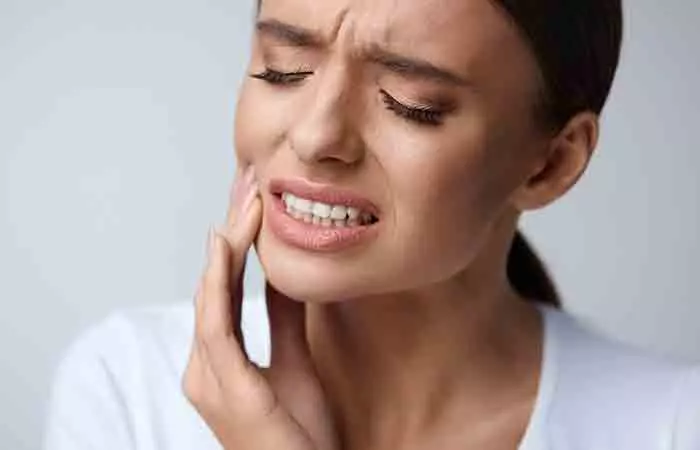
Kava also possesses anti-inflammatory, antiseptic, and anesthetic properties that help treat a toothache. Simply chewing a small piece of dried kava root for about 15 minutes can help with a toothache. The root might also help cure gingivitisi A type of gum disease that affects your gingiva (area of the gums at the base of your teeth), causing irritation, redness, and inflammation. .
Even applying kava root oil to the affected part of your gums can treat any infection. The root is also used as a mouthwash to treat canker sores.
14. Might Support Hair Growth
There is very little research on this. Some sources say kava root can strengthen the hair follicles and prevent hair fall. But we are not sure. We suggest you talk to your hair care specialist before using kava for this purpose.
Those are the few ways kava can be effective for you. But hold on, this root is kind of controversial. Some sources suggest its side effects might even outweigh the benefits. Well, is that really the case? Let’s find out.
What Are The Side Effects Of Kava Drink?
1. Liver Damage
When taken orally, kava might lead to serious liver damage. Stay away from kava if you already have liver issues. And please consult your doctor if you are taking it for the first time.
2. Depression
In some cases, kava might aggravate depression.
3. Parkinson’s Disease
Kava can also make Parkinson's diseasei A chronic degenerative brain condition that affects the central nervous system and motor functions of the body. worse. Stay away from it if you already have this condition.
4. Issues During Surgery
Since kava affects the central nervous system, it might increase the effects of anesthesia. Hence, stop its use at least two weeks before and after surgery. Also, check with your doctor.
5. Issues During Pregnancy And Breastfeeding
Please don’t use kava if you are pregnant or breastfeeding as it can affect the uterus. Some chemicals in kava can also pass through breast milk and harm the baby.
6. Drug Interactions
Studies show that certain compounds in kava may affect liver enzymes that process many medications, leading to dangerous interactions with other drugs or herbal products (10). However, more research is needed to substantiate this claim, as only a few studies have looked into how kava interacts with specific medications. It is best to consult your doctor if you are taking any medicines and want to consume kava.
Yes, these side effects give us an entirely different perspective on kava. Hence, we recommend you talk to your doctor before taking kava root orally. The ill effects of the root have more to do with the amount taken – the higher the concentration of the root, the more the risk.
But the benefits of this root don’t need to be discounted. They are as important – which takes us to the next section.
How To Take Kava
There are different ways you can take kava (after consulting your doctor, obviously):
- Kava root, where you directly ingest a small part of the root and use its essence in your food.
- Kava capsules, which are supplements that you get in the market.
- Kavalactone paste, which is a highly concentrated form of kava (you will get this in the market as well).
- Kava tea, which is prepared using kava root powder.
Of these, kava tea is the most common and recommended way of taking the root. But how do you prepare it?
How To Prepare Kava Tea
Preparing the tea is simple.
What You Need
- 1 cup of kava root powder
- 2 cups of water
Directions
- In a large bowl, mix the root powder and warm water.
- Let the kava root powder soak for about 20 minutes.
- Filter the mixture through a muslin cloth. Squeeze the juice into a separate container.
- Once done, put back the kava root powder into the water. Mix well and repeat step number 3.
- Serve.
There are other ways you can incorporate kava into your diet. Learn more about it below.
Kava Recipe
1. Kava Coconut Smoothie
Ingredients
- 2 tablespoons of kava root powder
- 1 cup of coconut milk
- 1 ripe banana
- 1/2 cup of pineapple chunks
- 1/4 cup of Greek yogurt
- 1 tablespoon of honey
- A handful of ice cubes
How To Prepare
1. Combine the kava root powder and coconut milk in a blender.
2. Blend the ingredients for about 5 minutes.
3. Strain the kava-infused liquid into a bowl with a fine mesh strainer or muslin cloth.
4. Rinse the blender, then pour back the strained kava liquid in it.
5. Add in the ripe banana, pineapple chunks, Greek yogurt, honey, and ice cubes.
6. Blend all the ingredients until you get a thick, creamy smoothie.
Infographic: All About Kava Kava
Kava plays an important role throughout the Pacific Oceanic region.Despite its fame abroad as a stress and anxiety reliever, it has immense cultural significance and is an important part of social bonding and rituals of its native countries. Its ground roots were used to make kava kava, a prized ceremonial drink.
Check out the infographic below to learn about kava kava, how to make it, and certain important things to note before indulging in it. Illustration: StyleCraze Design Team
 Quick Tip
Quick TipKava is a plant grown in the Southern Pacific islands, renowned for cognitive function improvement. The benefits of kava include stress reduction and anxiety relief and the possible reduction of depressive symptoms. This mild analgesic also provides pain relief caused by cramps and toothaches. Although kava is available commercially as a paste or capsule, kava tea is a popular option. It may, however, aggravate some medical conditions and may harm the liver if taken in excess. Hence, consult your doctor before taking kava orally.
Frequently Asked Questions
What are the potential long-term effects of kava usage?
The potential long-term effects of kava usage may include liver issues, such as damage or failure, especially if consumed in high amounts or for extended periods. Always consult a healthcare professional before using kava regularly.
How long do you feel the effects of kava?
Kava usually takes 20 to 30 minutes to produce an effect that lasts for about 2 to 3 hours.
How do you feel when you drink kava?
Your eyes might get sensitive to light, and you may not hear much. You will also begin to feel subtle forms of relaxation.
How much kava is safe to drink?
It is safe to take 70 milligrams of kava root powder in a day. But check with your doctor first.
What is reverse tolerance to kava?
Reverse tolerance to kava means one may not feel its effects for the first time or even for the first few weeks. And then, you begin to feel the effects all of sudden, which are supposedly the good ones.
Is kava like benzo?
Kava is often used as an antidepressant and is considered an alternative to benzodiazepines in the treatment of non-psychotic anxiety disorders (11).
Does kava increase serotonin?
Kava does not increase serotonin. In fact, it is known to decrease serotonin levels (12).
Is kava good for panic attacks?
Yes, kava is an effective solution to treat the symptoms of panic attacks. It can be a first-line therapy for generalized anxiety disorder characterized by excessive chronic worry and anticipatory anxiety (13).
Illustration: Impressive Benefits Of Kava How To Take It & Side Effects
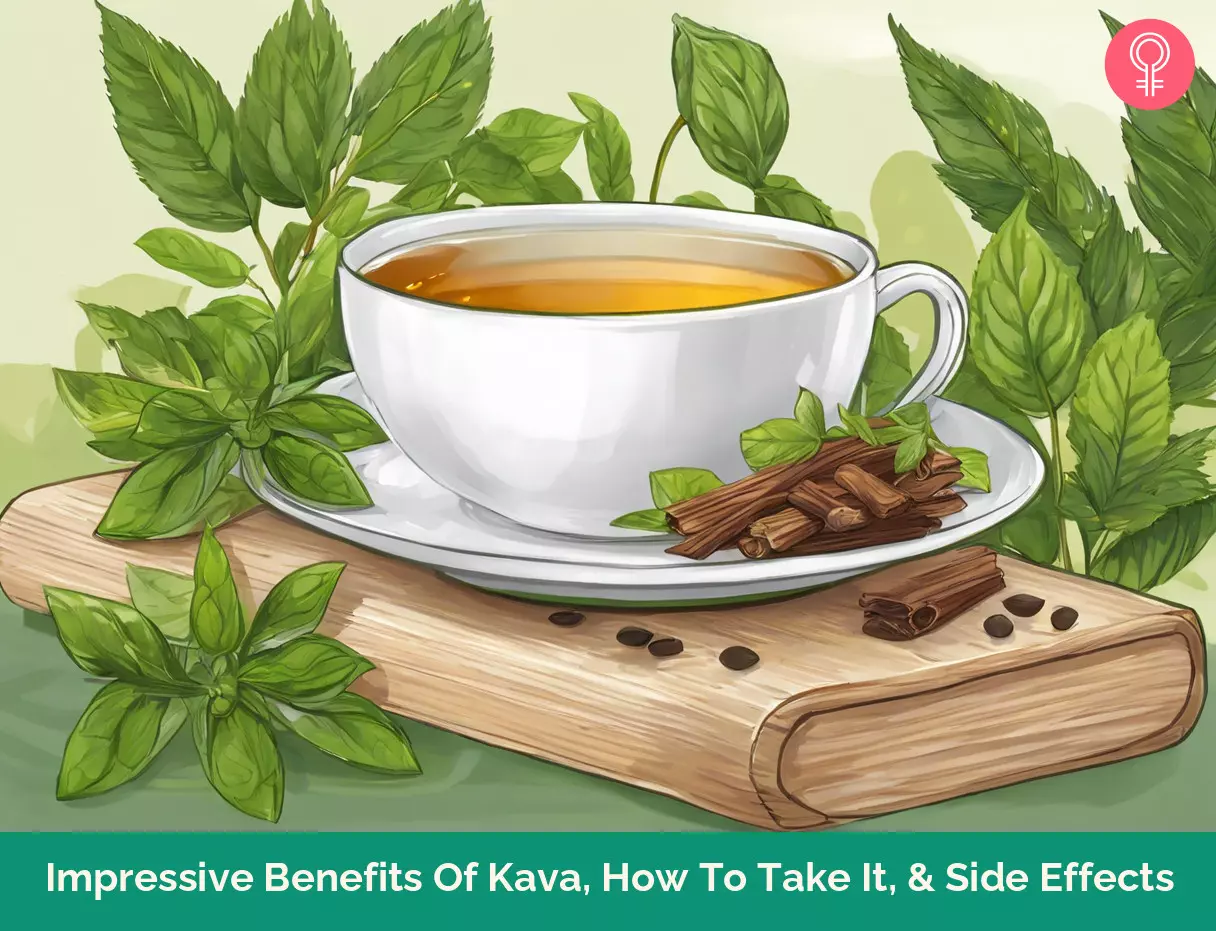
Image: Stable Diffusion/StyleCraze Design Team
Discover the amazing benefits of kava. Click on this video to learn how this natural root can help reduce stress, improve sleep, and boost your mood.
Personal Experience: Source
StyleCraze's articles are interwoven with authentic personal narratives that provide depth and resonance to our content. Below are the sources of the personal accounts referenced in this article.
i. KAVA KAVA: The Herb of Happiness and Relaxation (Complete Review)https://www.youtube.com/watch?v=EXpWjYRfM98
References
Articles on StyleCraze are backed by verified information from peer-reviewed and academic research papers, reputed organizations, research institutions, and medical associations to ensure accuracy and relevance. Read our editorial policy to learn more.
- “Can kava cure cancer?” UCI News.
https://news.uci.edu/2014/02/25/can-kava-cure-cancer/ - “Kava”. Memorial Sloan Kettering Cancer Center.
https://www.mskcc.org/cancer-care/integrative-medicine/herbs/kava - “The correlation between cancer…”. US National Library of Medicine.
https://pubmed.ncbi.nlm.nih.gov/11149250/ - “Kava use…”. US National Library of Medicine.
https://pubmed.ncbi.nlm.nih.gov/15220953/ - “Efficacy of kava…”. US National Library of Medicine.
https://pubmed.ncbi.nlm.nih.gov/10653213/ - “Kava as an anticraving…”. US National Library of Medicine.
https://pubmed.ncbi.nlm.nih.gov/12180513/ - “Neuroprotective properties of…”. US National Library of Medicine.
https://www.ncbi.nlm.nih.gov/pmc/articles/PMC4498339/ - “Clinical efficacy of kava extracts…”. US National Library of Medicine.
https://pubmed.ncbi.nlm.nih.gov/14706720/ - “Stress-induced insomnia treated…”. US National Library of Medicine.
https://pubmed.ncbi.nlm.nih.gov/12404572/ - Toxicity of Kava Kava
https://pmc.ncbi.nlm.nih.gov/articles/PMC5868963/ - Meta-analysis of the efficacy of the acetonic kava-kava extract WS1490 in patients with non-psychotic anxiety disorders
https://pubmed.ncbi.nlm.nih.gov/15934028/ - Kava as a Clinical Nutrient: Promises and Challenges
https://www.ncbi.nlm.nih.gov/pmc/articles/PMC7600512/ - Kava for the treatment of generalised anxiety disorder (K-GAD): study protocol for a randomised controlled trial
https://www.ncbi.nlm.nih.gov/pmc/articles/PMC4630875/
Read full bio of Alexandra Dusenberry
Read full bio of Ravi Teja Tadimalla
Read full bio of Arshiya Syeda
Read full bio of Sindhu Koganti







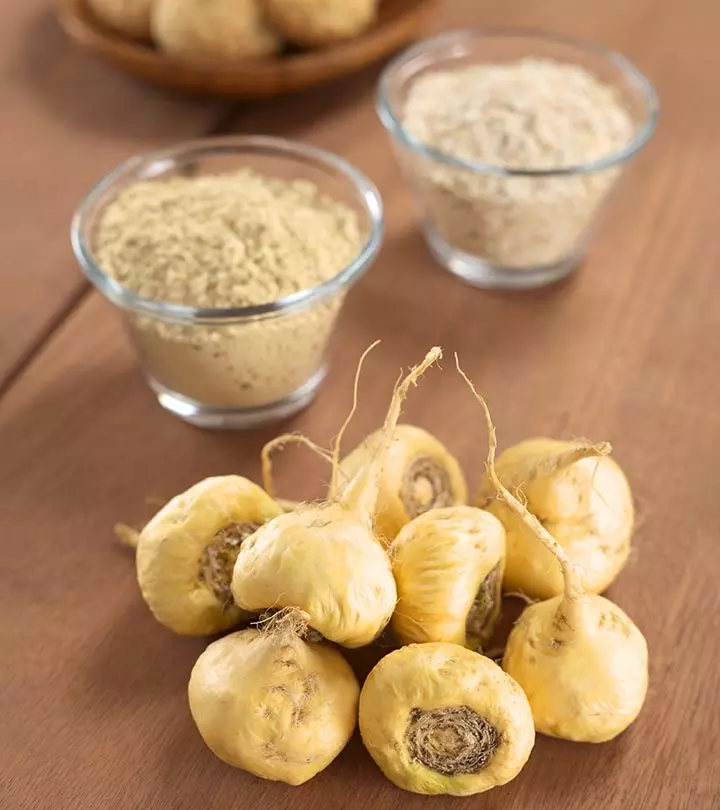
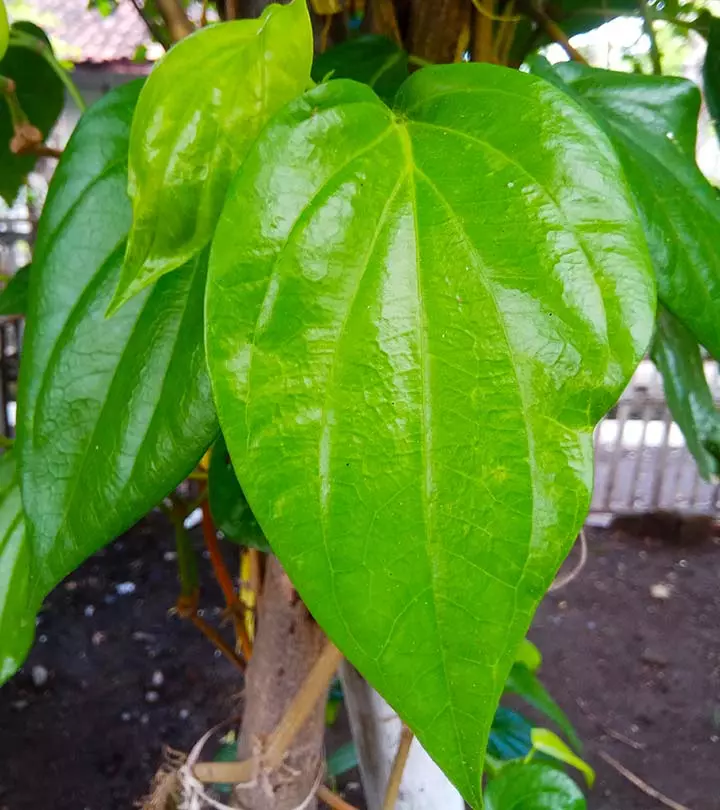
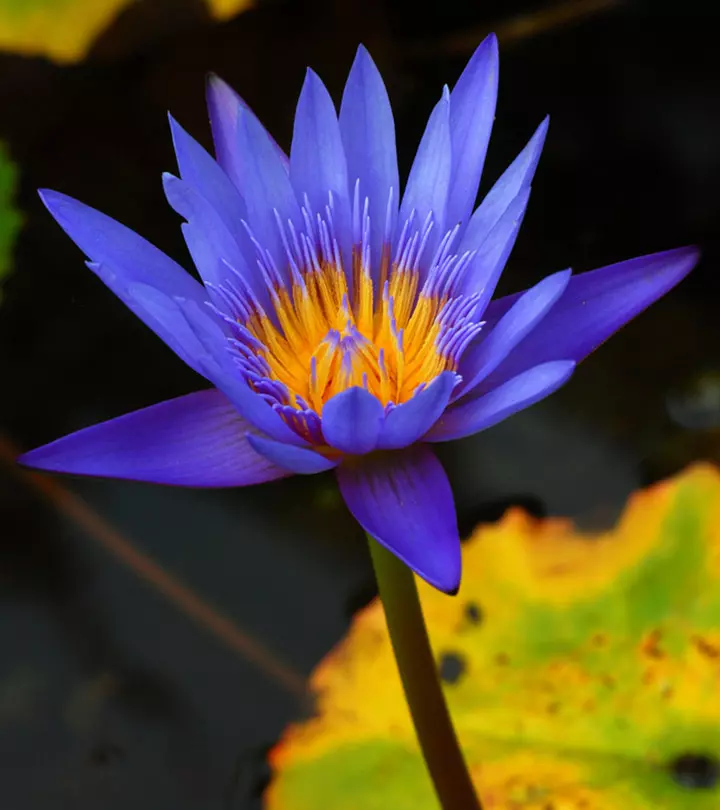
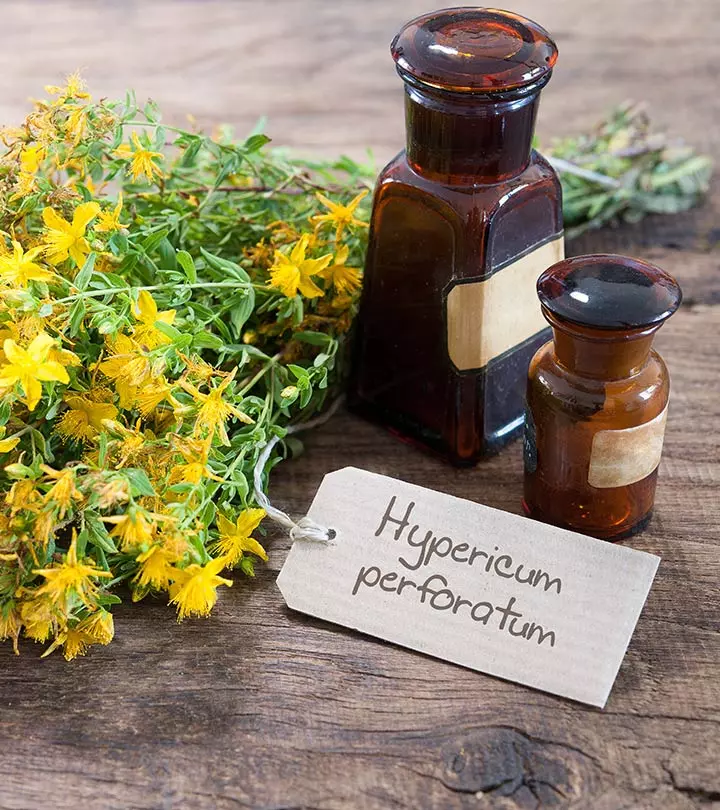

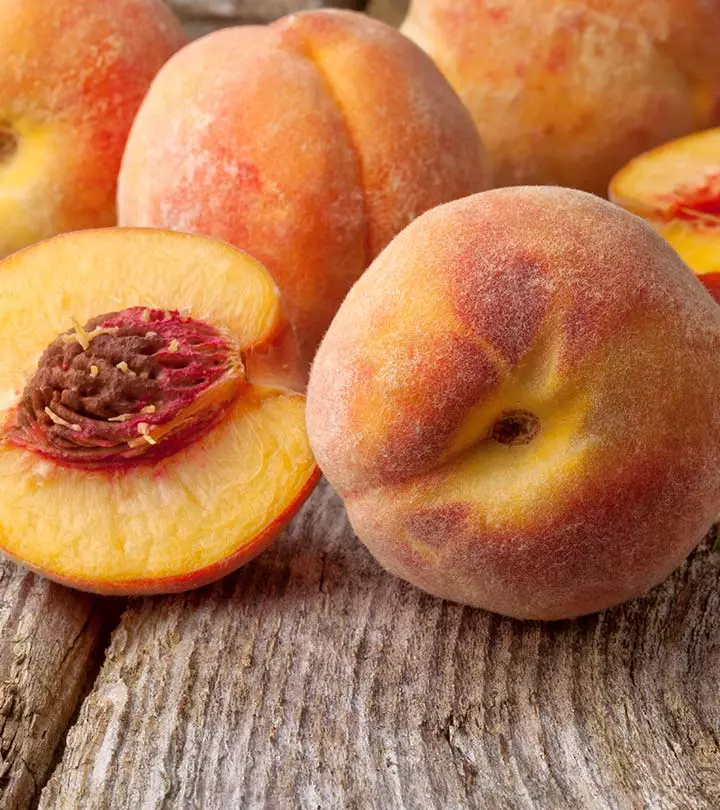
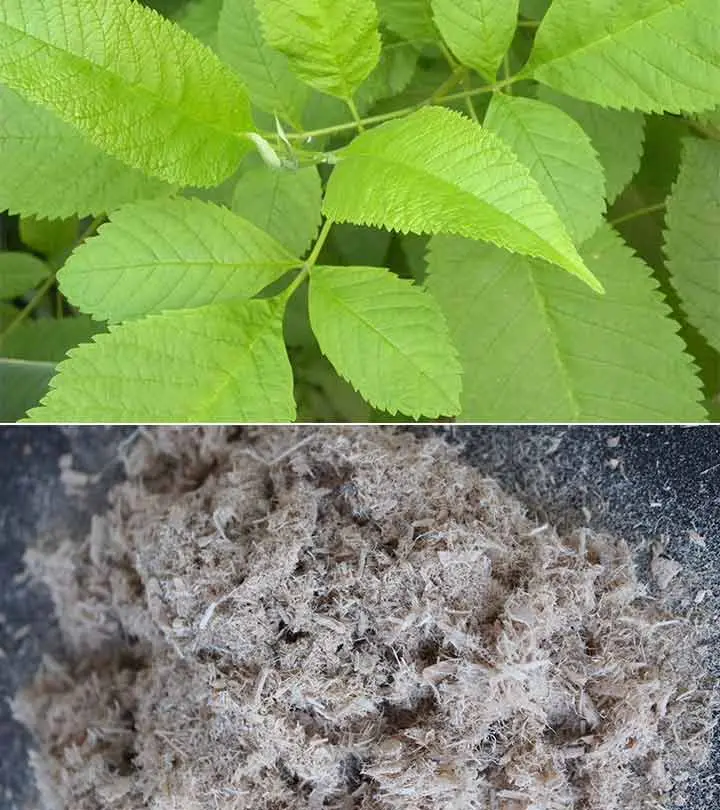
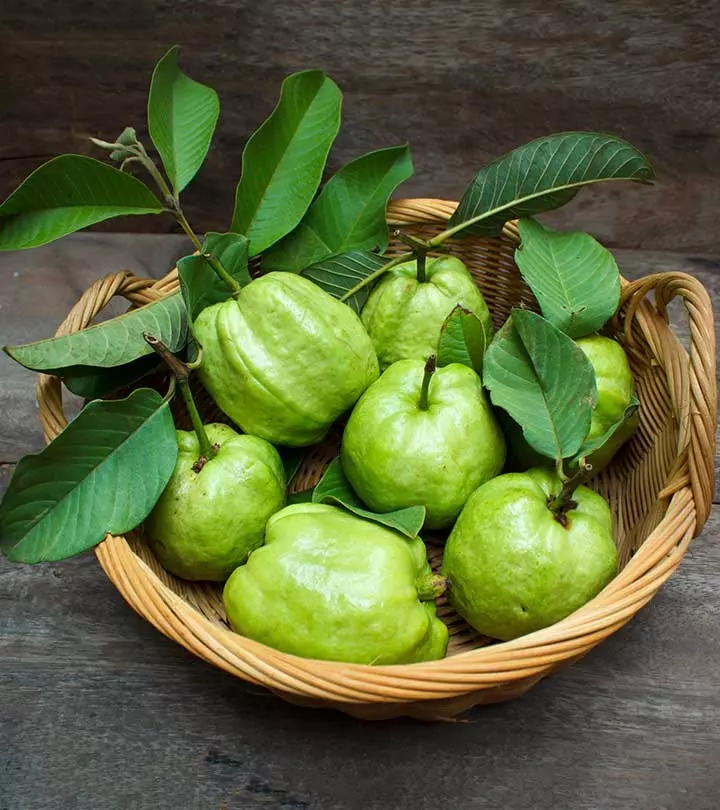


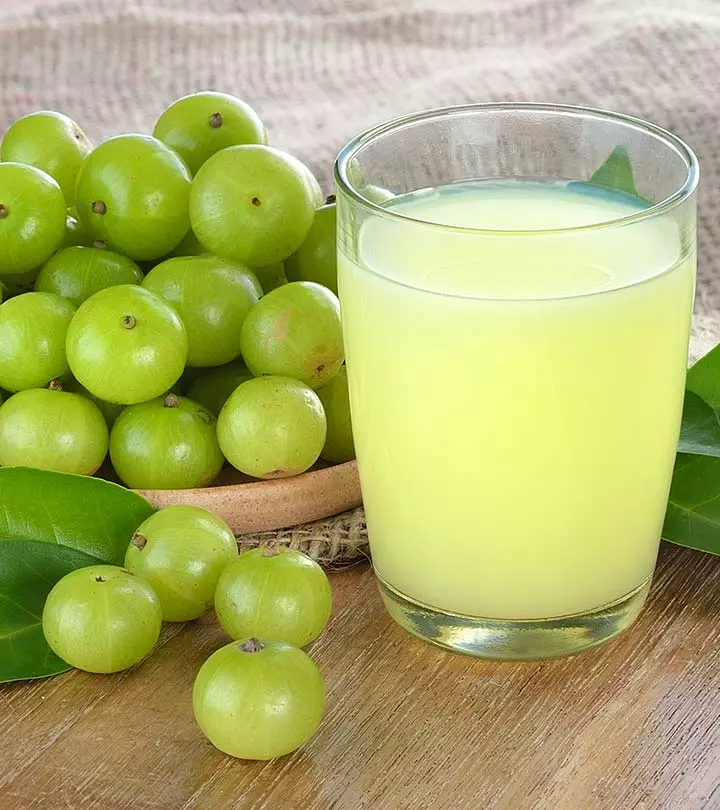
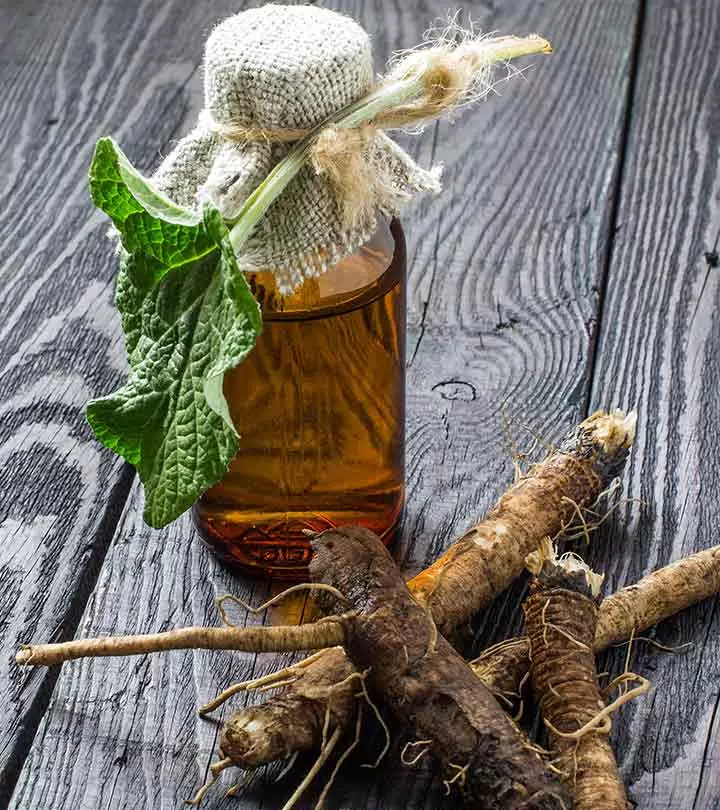

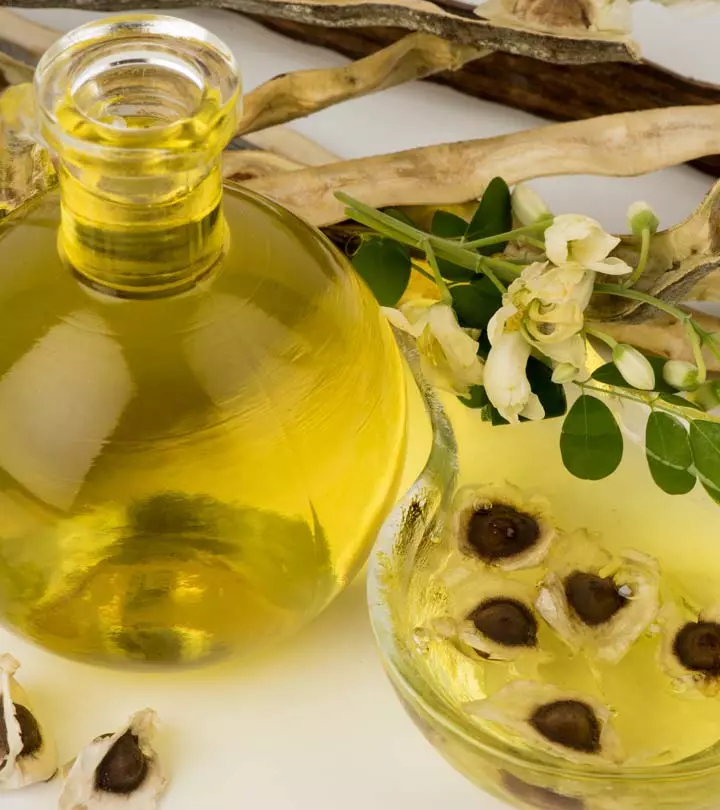
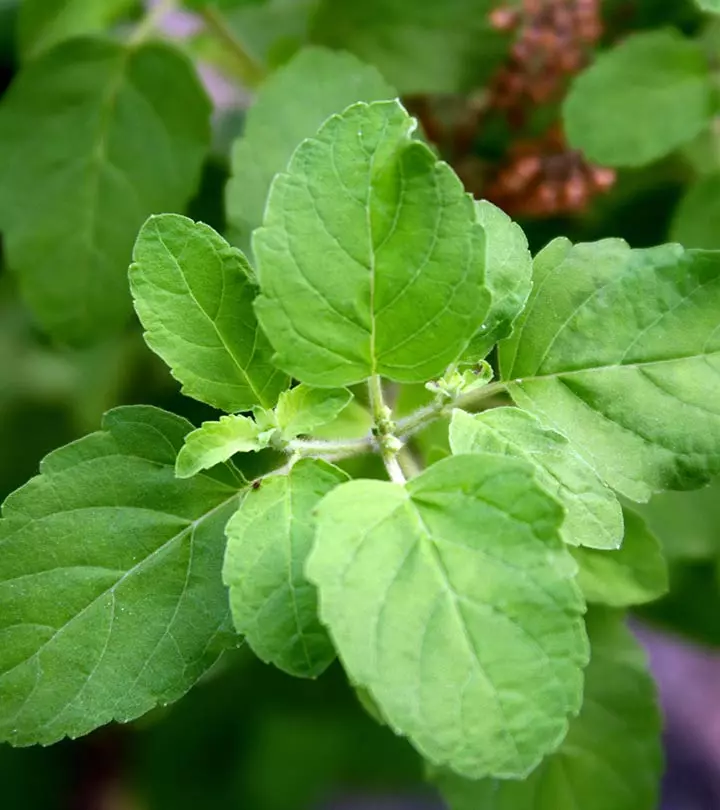
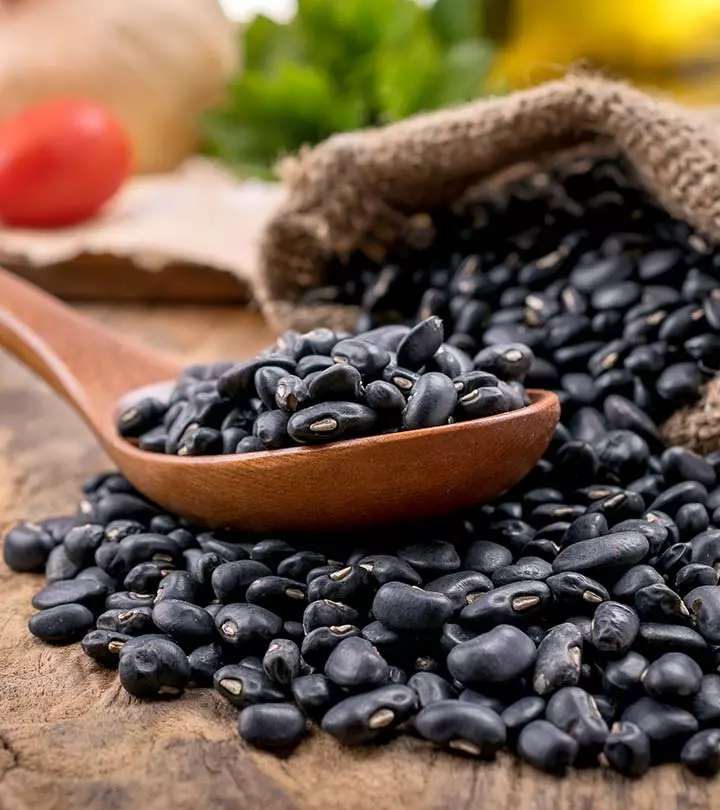

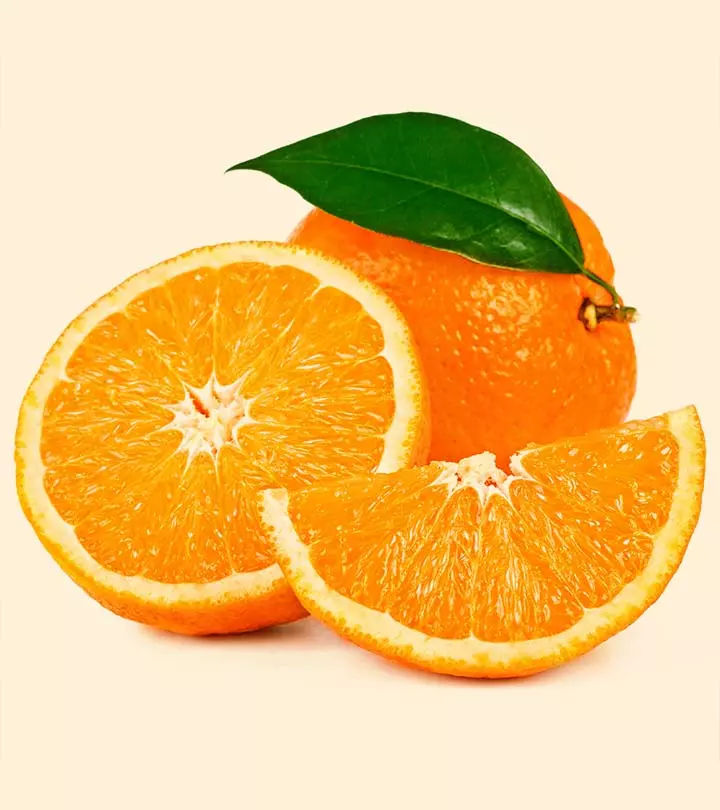
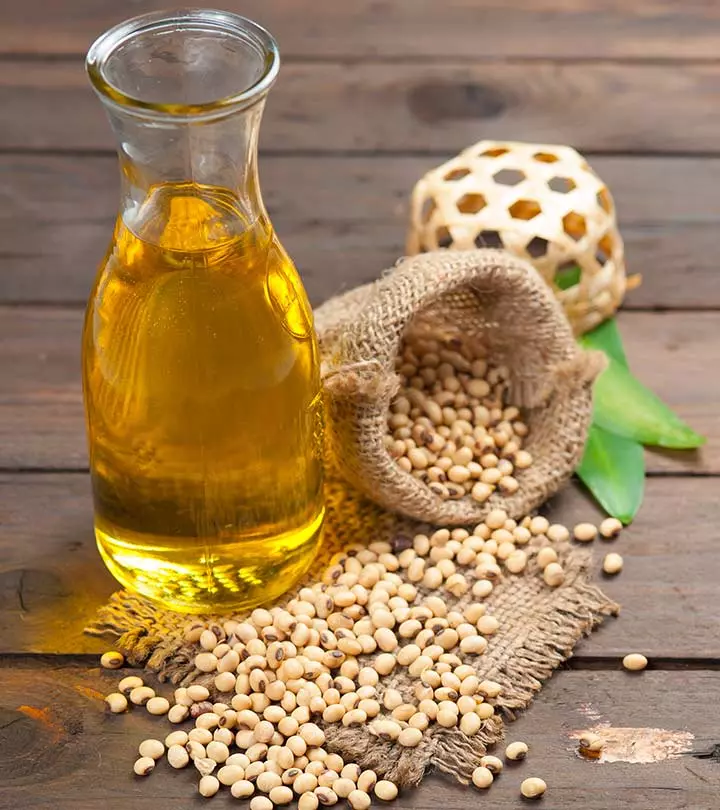
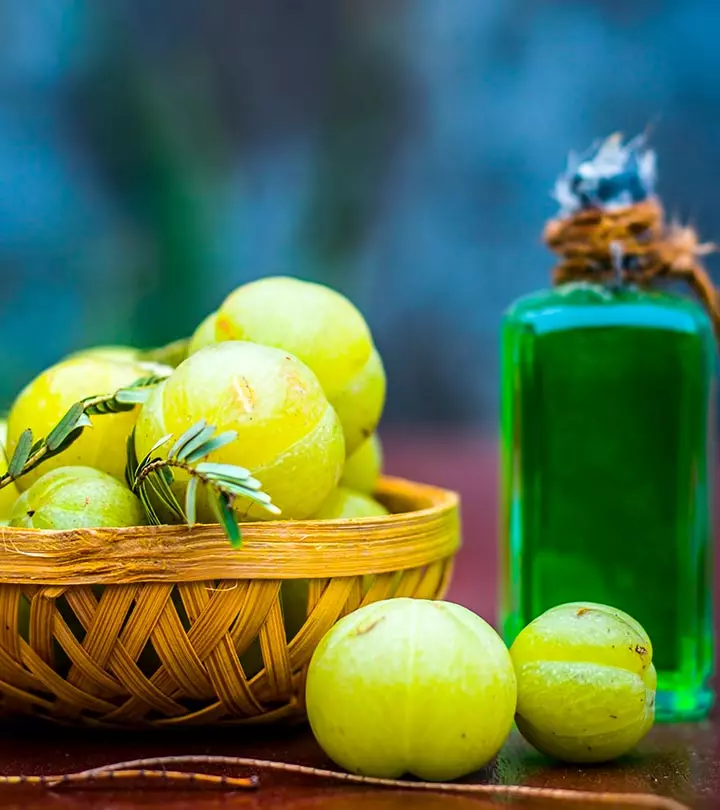
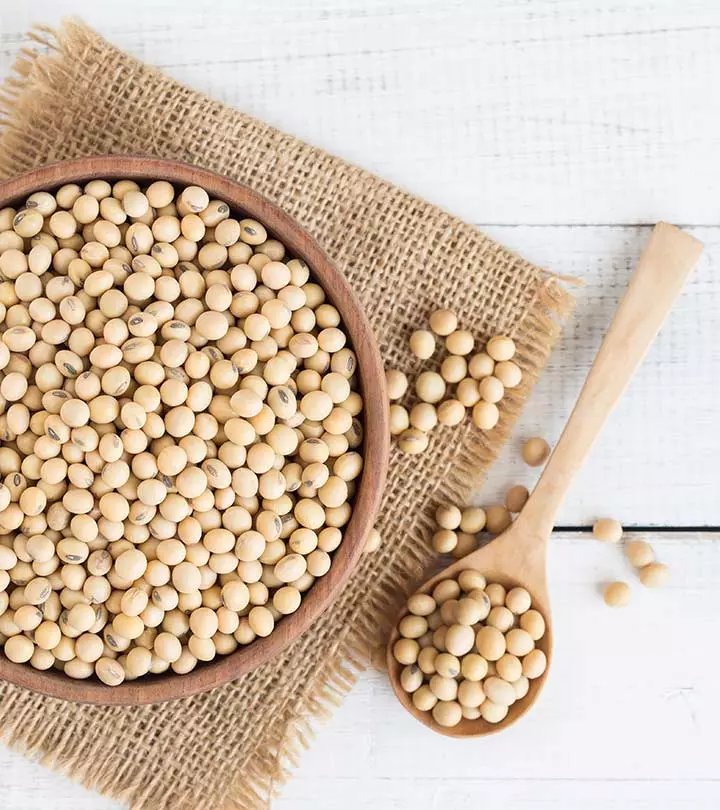
Community Experiences
Join the conversation and become a part of our empowering community! Share your stories, experiences, and insights to connect with other beauty, lifestyle, and health enthusiasts.